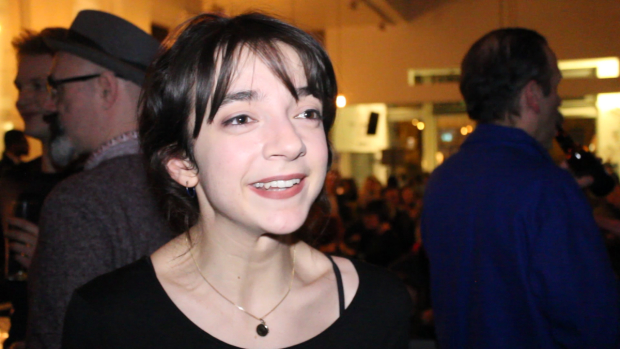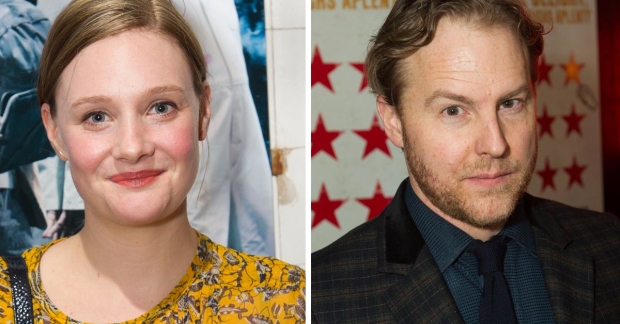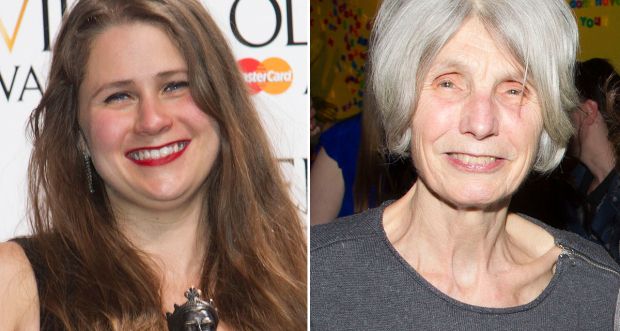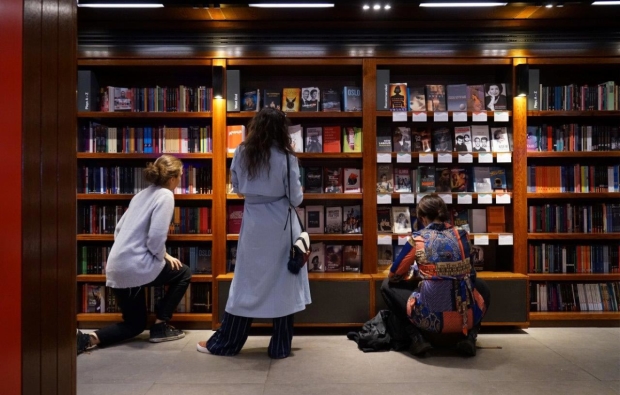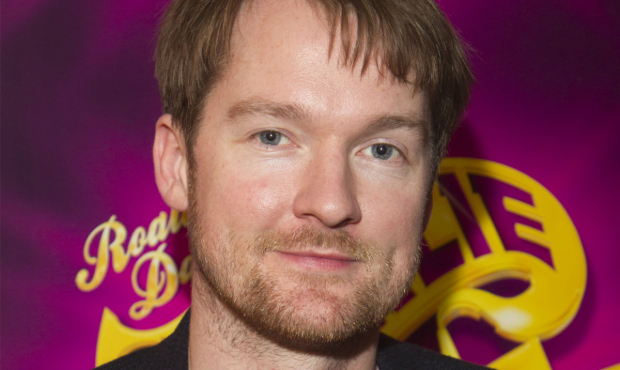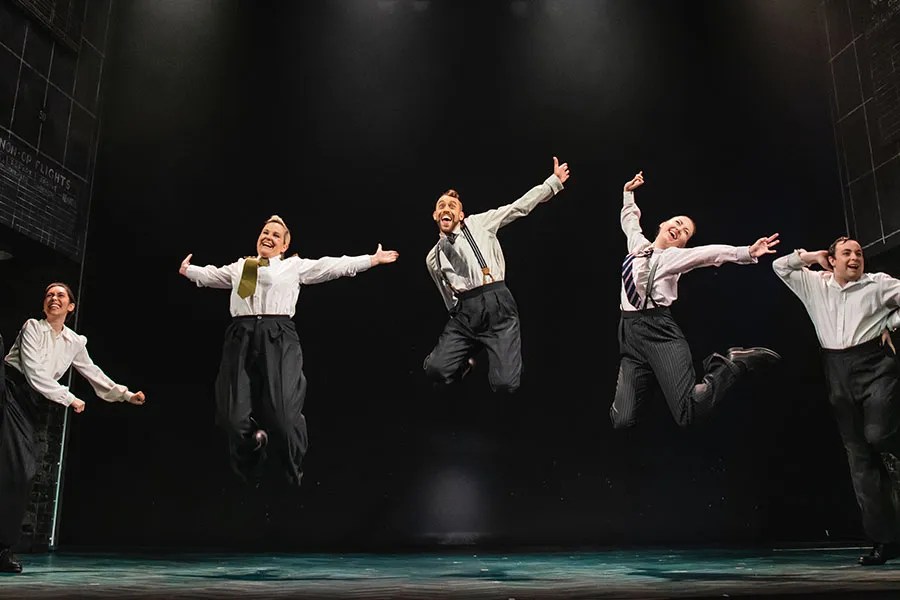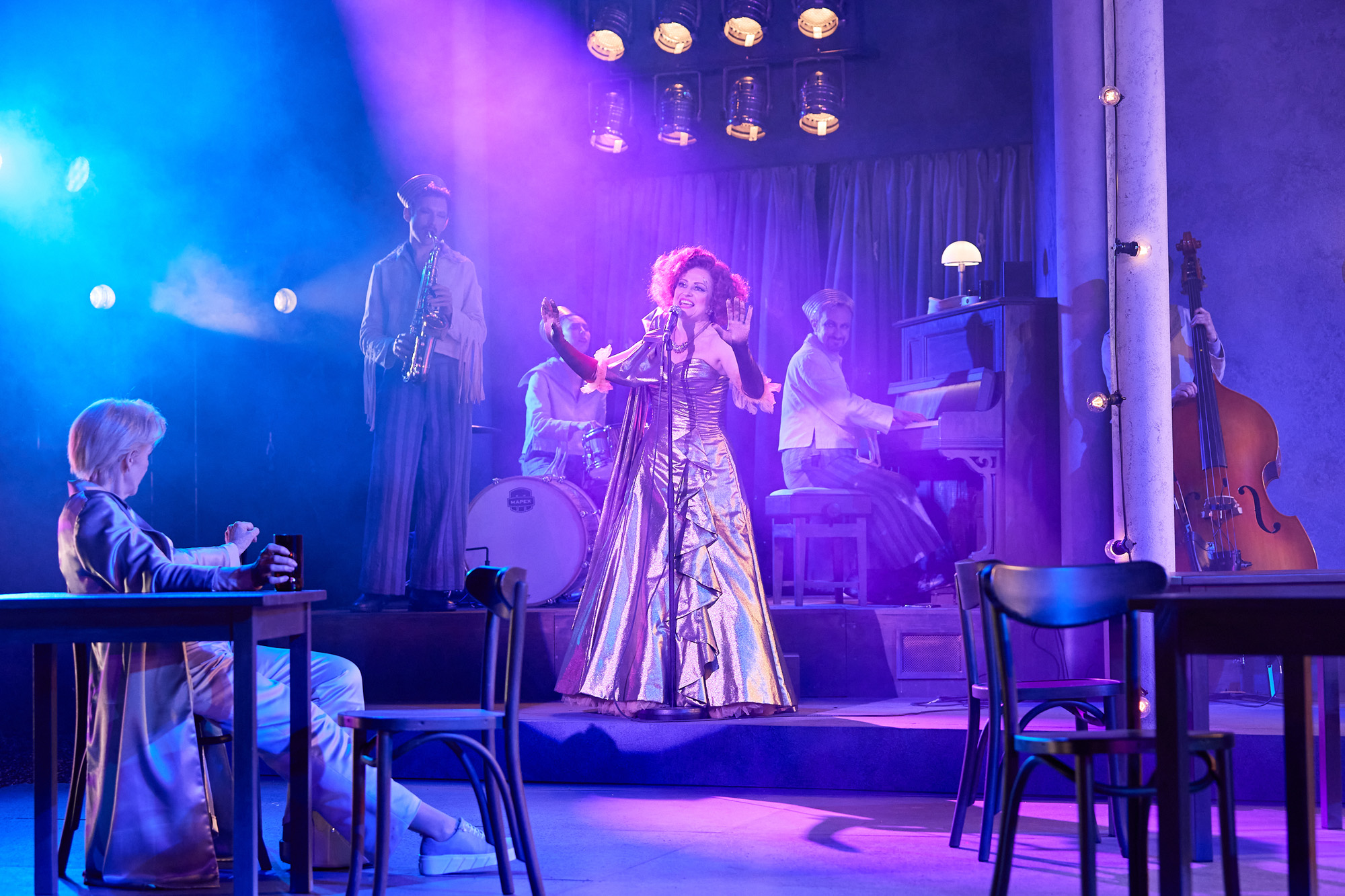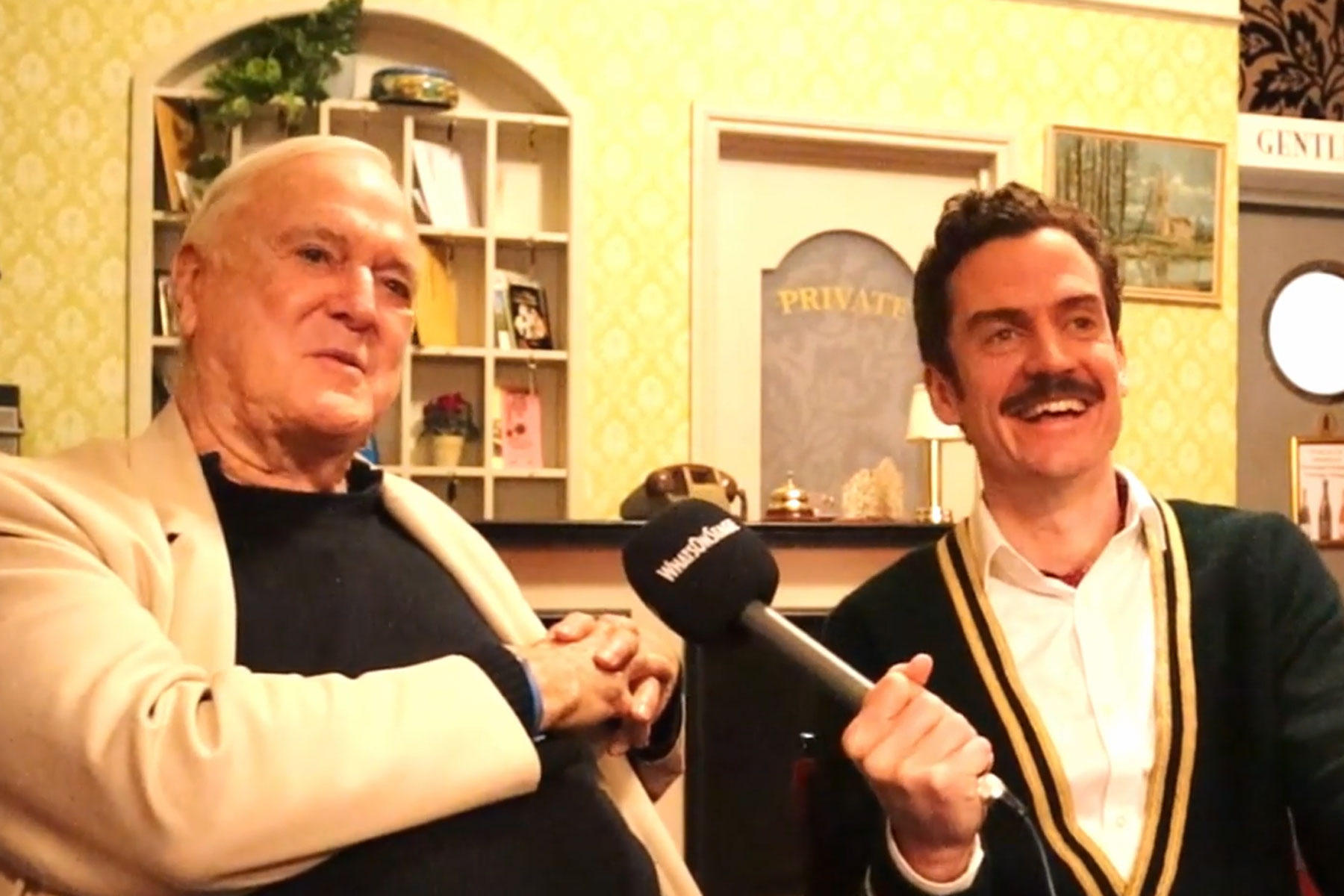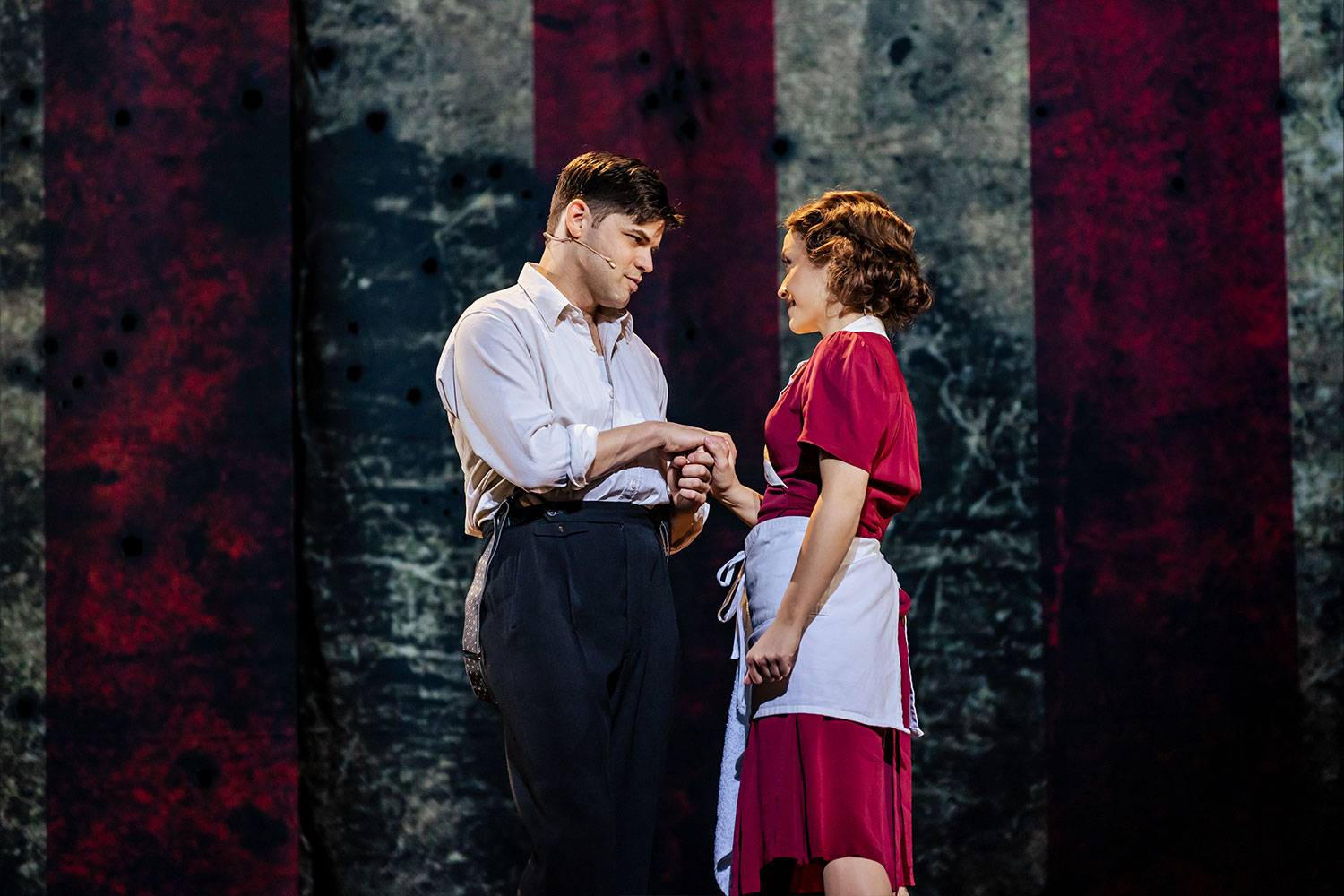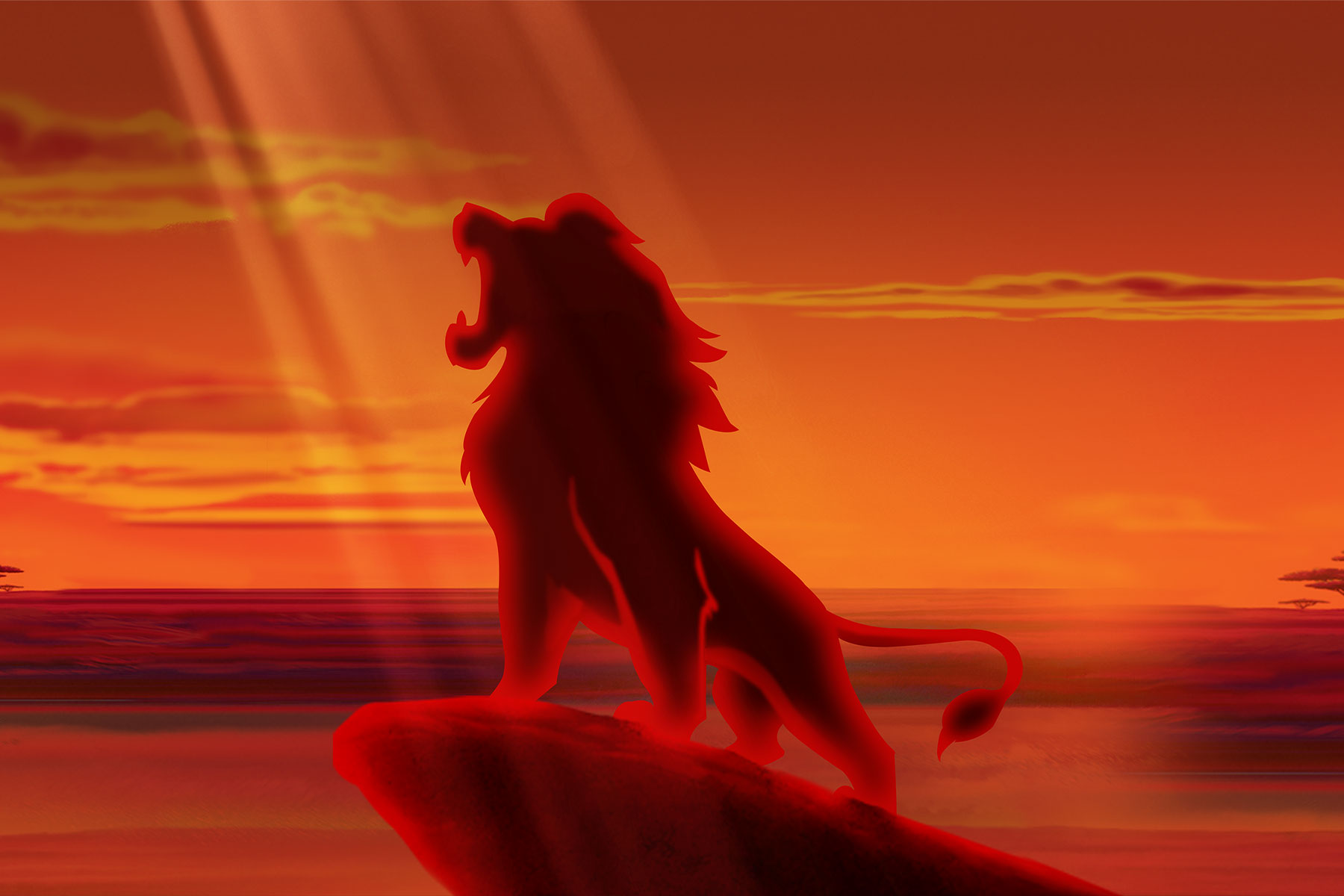Review: The Writer (Almeida Theatre)
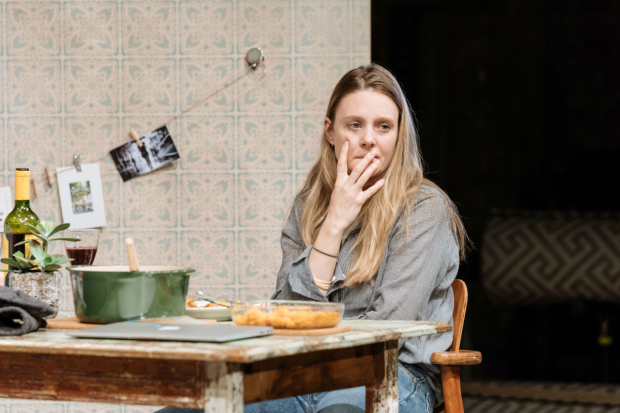
© Manuel Harlan
What a clever play this is. At times thought-provoking, irritating at others, both prolix and tight as a drum, it never for a second is anything less than engrossing and serious, raising issues that need to be raised.
Ella Hickson's new play is, as its title suggests, about a writer – or rather, the writer, who is a woman, and who is trying to express her need to make theatre a sacred thing, something that matters, not just to her but to society at large. So it is also about theatre, and what theatre should and could be. It is incredibly knowing, yet also open to its own contradictions. There is something moving about its willingness to venture where few would dare.
It opens explosively. A young woman (Lara Rossi) emerges from the audience to collect a bag she has left behind. She is confronted by a man (Sam West, brilliantly repulsive) who asks her what she thought of the play they have both just seen and which – it turns out – he has directed. Her furious denunciation of its commercial and pointless nature points angrily to many tropes women writers and viewers despise so much in current theatre – "the old men saying fascinating things about time and history while women in hot pants lean over desks", the rape added for theatrical effect, the way audiences assess what a woman looks like while wanting to know what a man thinks.
It's sharp, savage stuff and becomes more interesting when the woman reveals that the man had once made a pass at her, just after he had praised her first play, which has made her doubt herself. "I wanted the job because I was talented, not because I was f*ckable."
So far so predictable. But then, as in a scene from Pirandello, everything changes and we find ourselves plunged into an awkward question and answer session and we realise that we have just witnessed a reading of a scene written by another writer (Romola Garai) who is nervously presenting it for the first time and being subtly undermined by her own director (Michael Gould).
Things get even more complicated from that point onwards and include the arrival of a live baby who is not the writer's but "belongs to a woman in the wings" and a scene set in a wild jungle. Anna Fleischle's bare bones set is constructed and deconstructed before our eyes, as the action swings in unexpected directions, always bound together by Garai's watchful presence.
But the piece is tightly structured, with scenes mirroring each other. There are two painfully realistic sex scenes on sofas, two confrontations with lovers, two conversations between writer and director. Themes are twinned too, built on sets of opposites – money versus art, pretension and vocation, pretend and real. Issues of gender, of race, of desire for your own sex, of the politics of sex and desire, are all flung into the mix.
Although at two hours straight through the play is marginally too long, Hickson's writing can take the breath away. There's a marvellously vivid moment when the writer says selling her script to cinema would be "like letting strangers do plastic surgery on your unborn child to make it more f*ckable" which is one of those images that is hard to let go.
The whole piece is so massively meta, like a series of Chinese boxes, that some will find it irritating. But I loved its underlying passion, particularly about the function of art – whether it is indeed a holy thing, or whether none of it really matters. It's a barb that cuts deep and makes an audience think.
It is also hard to resist a piece, beautifully and sensitively directed by Blanche McIntyre, that stars Garai at her most powerful. The amount of detail she brings to a performance that could so easily descend into generalised anger and grief is really astonishing. Her great cries for freedom, for blood, for the truth, in her series of encounters with passive aggressive directors and lovers (of both genders) are the engine that drive this interesting, compelling play.



